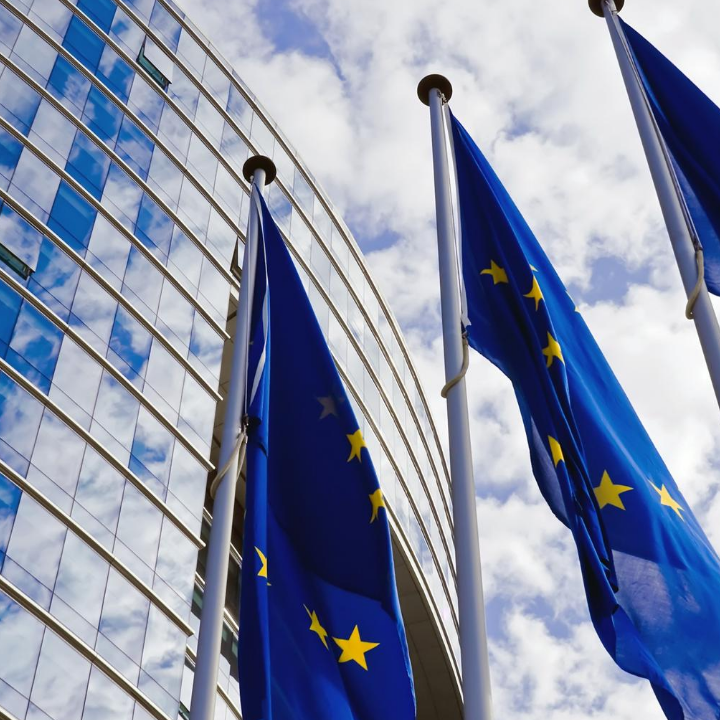NGOs and experts call on EU to ensure new corporate due diligence directive addresses risks in conflict-affected areas

Photo: sinonimas, Getty Images via Canva
'Joint Statement on Conflict & Due Diligence Legislation', 30 August 2022
The undersigned organizations and academic professionals [...] welcome the European Commission’s Proposal for a Directive on Corporate Sustainability Due Diligence. However, we also identify a highly concerning gap in the draft directive: the absence of any provisions regarding conflict and responsible business conduct in conflict-affected and high-risk areas. [W]e would like to draw your attention to these gaps and suggest how it could be amended to ensure greater alignment with the UNGPs, greater compliance with Member States’ obligations and ultimately, greater positive impact.
In conflict-affected areas, businesses face a high and acute risk of involvement in severe human rights abuses and violations of international humanitarian law. [...]
A first important omission in the current draft directive lies in its material scope, which is now limited to human rights and environmental law. In situations of armed conflict, not only human rights, but also international humanitarian law (IHL) must be respected. [...]
Secondly [...] the UNGPs require companies operating in conflict or high-risk areas to conduct heightened due diligence . [...]
Heightened due diligence in conflict-affected and high-risk areas entails enhancing the frequency and thoroughness of human rights due diligence procedures, as well as integrating conflict analysis into human rights due diligence processes. [...]
Heightened due diligence also entails ensuring that any step taken in this process is conflict sensitive. [W]orkers, community members, and other rights-holders [...] face heightened risks of reprisals. Businesses need to ensure that all participants are protected to the greatest extent possible [...]
When it comes to the provision of remedy, the current draft directive mainly refers to the possibility of financial compensation. The UNGPs are clear that compensation is only one form of remedy and may not be sufficient in all cases. [...]
Finally, states should ensure that victims have effective access to justice. [...]
By requiring businesses to undertake heightened due diligence in conflict-affected and high-risk areas, the Directive can help businesses avoid causing or exacerbating conflict and negative human rights impacts in conflict-affected areas. Moreover, by helping businesses address the drivers of conflict, the Directive can also help businesses to positively contribute to an enabling environment for peace. [...]
We urge the relevant policy makers to include the following provisions in the EU directive on corporate sustainable due diligence:
- The directive should refer to the fact that international humanitarian law must be respected in situations of armed conflict.
- The directive should specify in articles 4-11 that companies are obliged to conduct heightened, conflict-sensitive due diligence in all cases where they operate in a conflict-affected or high-risk area or are linked to it in their upstream and downstream value chains. This obligation should apply to all companies, regardless of sector or size.
- The directive should make specific reference to security management as a high-risk operational area, especially in conflict-affected contexts, in order to clarify expectations and ensure companies take into account salient risks posed by security providers.
- The directive should explicitly require companies to conduct meaningful, in-depth and conflict-sensitive engagement with a broad group of stakeholders, including vulnerable populations, as central part of all steps in the due diligence process.
- The directive should refer to other forms of remedy in addition to and beyond financial compensation that might be important, such as non-monetary reparations, recognition, apologies and memorializations, participation in truth-finding and reconciliation processes, guarantees of non-recurrence, and criminal prosecution of actors who have committed or contributed to serious human rights violations.
- The directive should require the adoption of adequate, appropriate and conflict-sensitive judicial and non-judicial grievance mechanisms and should improve access to justice for victims of corporate abuse. [...]
The full statement with a list of signatories is available for download above.